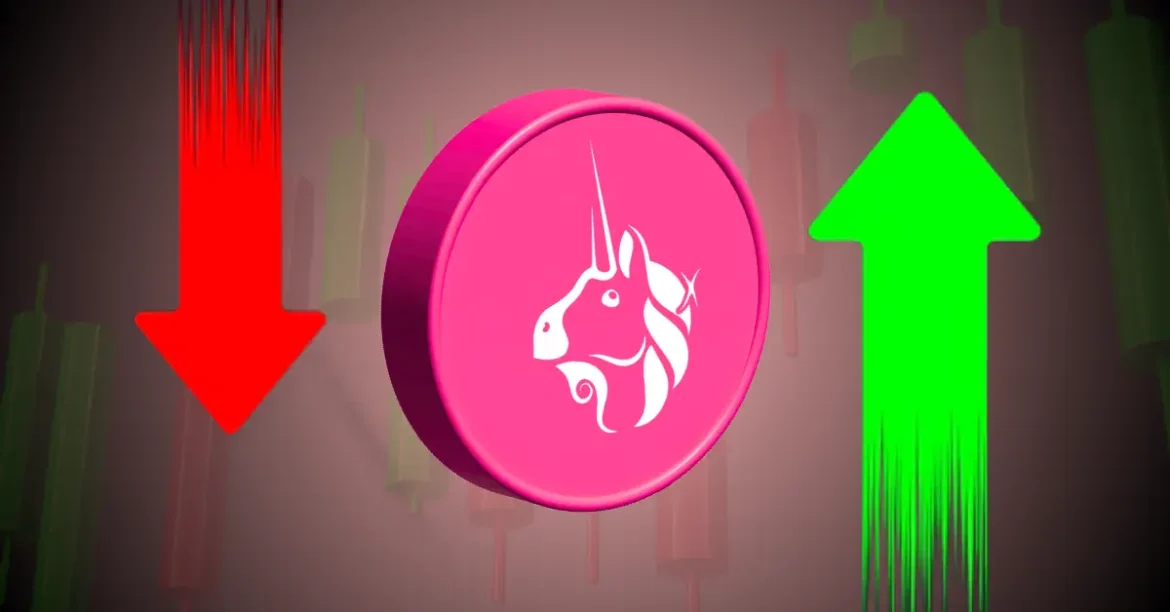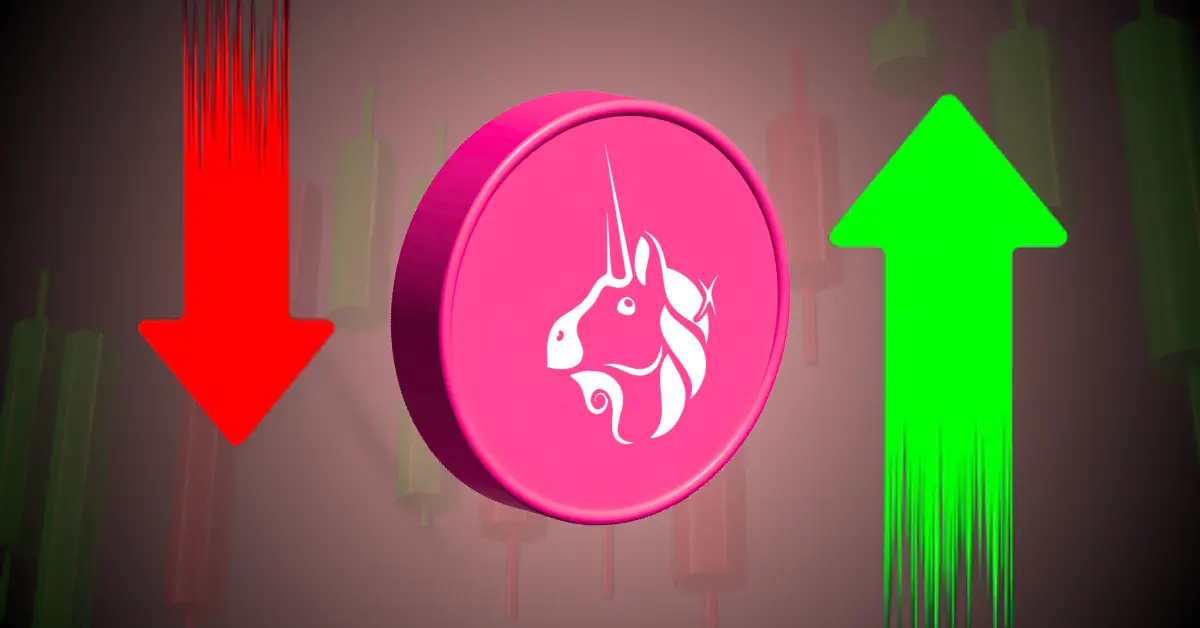The Bancor vs. Uniswap Patent Infringement Lawsuit: A DeFi Intellectual Property Showdown
The decentralized finance (DeFi) landscape is witnessing a landmark legal battle as Bancor Network (BNT) has filed a patent infringement lawsuit against Uniswap Labs and the Uniswap Foundation. This confrontation over foundational decentralized exchange (DEX) technology is poised to reshape intellectual property rights within the crypto space, potentially impacting the operations and innovations of numerous DeFi platforms, especially those based in the United States. Understanding the nuances of this case sheds light on the evolving tension between innovation, patent protection, and open protocols in the blockchain ecosystem.
—
Origins of the Dispute: Bancor’s Foundational Patent
Bancor is recognized as one of the pioneering decentralized exchanges, utilizing an automated market maker (AMM) protocol built on smart contracts. The technology allows seamless, decentralized token swaps without the need for centralized intermediaries, a breakthrough at its inception. Bancor’s team filed a patent application on January 8, 2017, for the specific smart contract structures that enable this automated trading.
This patent underpins the Bancor Protocol’s architecture, which uses its native token (BNT) as a liquidity source in pools, charging fees to sustain operations and provide impermanent loss protection to liquidity providers. The Bprotocol Foundation, a nonprofit dedicated to promoting Bancor’s technology, along with LocalCoin Ltd.—the original developer—assert that Uniswap Labs has adopted this patented technology without authorization.
—
What Bancor Alleges: Unauthorized Use and Profits
On May 20, 2025, the lawsuit was officially filed in the U.S. District Court for the Southern District of New York. Bancor’s complaint centers on Uniswap’s alleged unlicensed use of smart contract structures covered by Bancor’s patents. According to the filings, Uniswap has integrated similar core mechanics to those patented by Bancor, enabling automated token swaps and liquidity provision on-chain, and profited significantly from them.
By “foundational technology,” Bancor points to the essential components of decentralized trading and liquidity management that remove middlemen and allow users to trade directly via smart contracts. The lawsuit stresses the financial consequences Uniswap allegedly incurred by operating without a license or permission while benefiting from these technical innovations.
—
Potential Impact on the DeFi Ecosystem
If Bancor prevails, the ruling could cast a shadow not only on Uniswap’s operations but also on other U.S.-based decentralized exchanges employing analogous AMM mechanisms. Many DeFi protocols leverage open-source innovations and derivative ideas that blur the lines between patented technology and collective development, creating a complex legal and ethical environment.
A victory for Bancor might necessitate licensing arrangements, forcing exchanges to obtain permissions or redesign their protocols to circumvent patent claims. Such precedents could reshape how intellectual property is viewed and enforced within blockchain technology—potentially tightening controls and slowing innovation or encouraging clearer proprietary claims and collaboration agreements.
—
Uniswap’s Defense and Strategic Position
Uniswap Labs is known for its robust development cycles and technical advancements. The firm likely intends to argue that the algorithms and implementations across its four major versions differ materially from Bancor’s patented technology. Their defense may focus on technical distinctions in how liquidity pools and swaps are managed, highlighting innovations that set Uniswap’s protocol apart.
In addition, Uniswap’s strong community support, open-source ethos, and prior navigation of regulatory scrutiny position it well to contest the legal claims vigorously. Uniswap has weathered challenges from regulators such as the U.S. Securities and Exchange Commission (SEC), and its ability to survive these pressures could positively influence its capacity to defend against patent litigation.
—
Broader Regulatory and Market Context
This legal battle emerges as both defendants and plaintiffs come from contrasting regulatory backdrops. Bancor recently saw a Texas federal judge dismiss a securities class action lawsuit against its operators, whereas Uniswap has been under probing scrutiny but maintains strong market presence.
Meanwhile, Bancor itself has evolved its protocol, notably pausing impermanent loss protection funded by protocol-owned liquidity, reflecting shifts in DeFi economics and risk management strategies. The outcome of the patent lawsuit might also influence these operational decisions and investor confidence in the involved projects.
—
Implications for Innovation, Collaboration, and Competition
The DeFi sector thrives on open collaboration and iterative development, but patent enforcement introduces competing dynamics. Protecting intellectual property incentivizes innovation but, if too rigidly applied, can stifle the decentralized, permissionless ethos critical to blockchain growth.
This clash between Bancor and Uniswap may mark the start of a new era where DeFi projects balance patent rights with open innovation, potentially prompting greater clarity on legal frameworks specific to blockchain technologies. It may also spur more strategic partnerships and licensing models that foster mutual respect for proprietary technology while advancing collective progress.
—
Conclusion: A Defining Moment for DeFi’s Legal Frontier
The Bancor patent infringement lawsuit against Uniswap is more than a legal dispute; it is a defining moment for decentralized finance. It confronts essential questions about ownership and innovation in a realm built on openness and transparency. The case could set significant precedents for how intellectual property is handled in DeFi, influencing the trajectory of decentralized protocols and shaping the future interplay between competition and collaboration.
As Bancor asserts its rights over its groundbreaking technology, and Uniswap mounts a defense grounded in innovation and differentiation, the outcome will resonate far beyond these two entities. It will test the delicate balance between protecting technical progress and nurturing an open ecosystem that has revolutionized finance—highlighting the evolving challenges of jurisprudence in the blockchain frontier.





